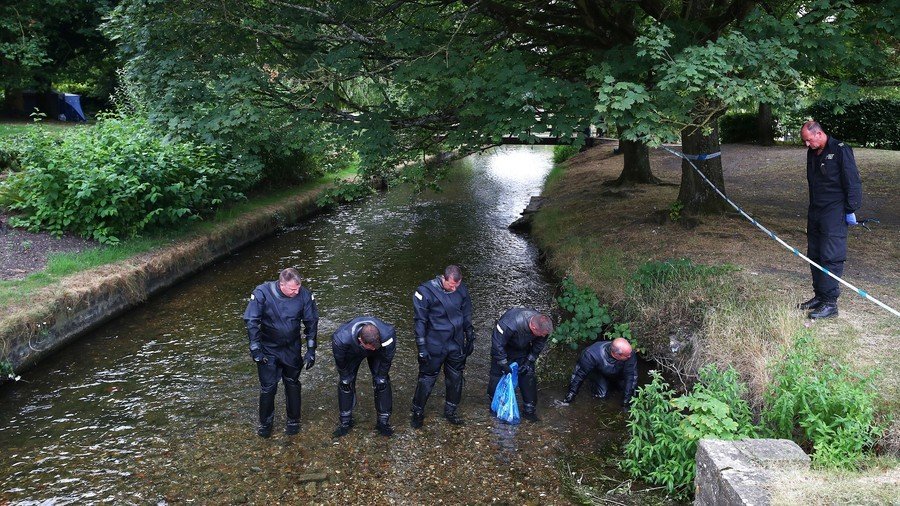Moscow slams Bellingcat for ‘leaking misinformation’ on Salisbury suspects from special services

The Russian Foreign Ministry has criticized a report by Bellingcat on the Salisbury suspects’ passport data, saying the website is linked to special services which leak misinformation under the guise of investigations.
The report by Bellingcat, a British online investigative group affiliated with the Atlantic Council, a pro-NATO think tank, was released on Friday. Together with Russian The Insider website, Bellingcat "reviewed" the central Russian resident database to find passport data of Alexander Petrov and Ruslan Boshirov, named as suspects in the Salisbury poisoning.
Bellingcat assumes that the men are “officers of a Russian security service” because their Russian passports were issued in 2009, while no records reportedly exist for them prior to this year. The website also consulted "at least two sources” who insisted that “various ‘top-secret’ markings” on the passport of one of the men mean a symbol of “members of secret services or top state operatives.”
Reacting to the Bellingcat report, Russian Foreign Ministry spokeswoman Maria Zakharova criticized the website for inaccuracies and flaws. “Was the Federal Migration Service [FMS] database hacked just today?” she wrote on Facebook, reminding that London had made an announcement about Petrov and Boshirov long ago.
“So, not a single database was hacked before? No, it was not. Because another idea was promoted: these people just do not exist. This is what the UK police said, posting their photos. Now the people are found,” she noted.
According to Zakharova, there is no doubt that the website is linked to special services. “Moreover, it is most likely that this is a special agency, which is leaking misinformation under the cover of investigations,” she wrote.
The ministry’s spokeswoman wondered why it is easier for Bellingcat to “hack” the database overnight rather than find any evidence of the alleged involvement of Petrov and Boshirov in the Skripal poisoning. According to Zakharova, the website had five months to show any photographs, screenshots or videos to raise suspicious against the two men, but it failed to do so.
The Bellingcat report was released a day after Petrov and Boshirov gave a lengthy interview to RT editor-in-chief, Margarita Simonyan, saying that they had been wrongly accused by London. Although they claimed they went to Salisbury to see the sights, the UK were quick to denounce the interview as a blow to the “public’s intelligence.”
Think your friends would be interested? Share this story!















